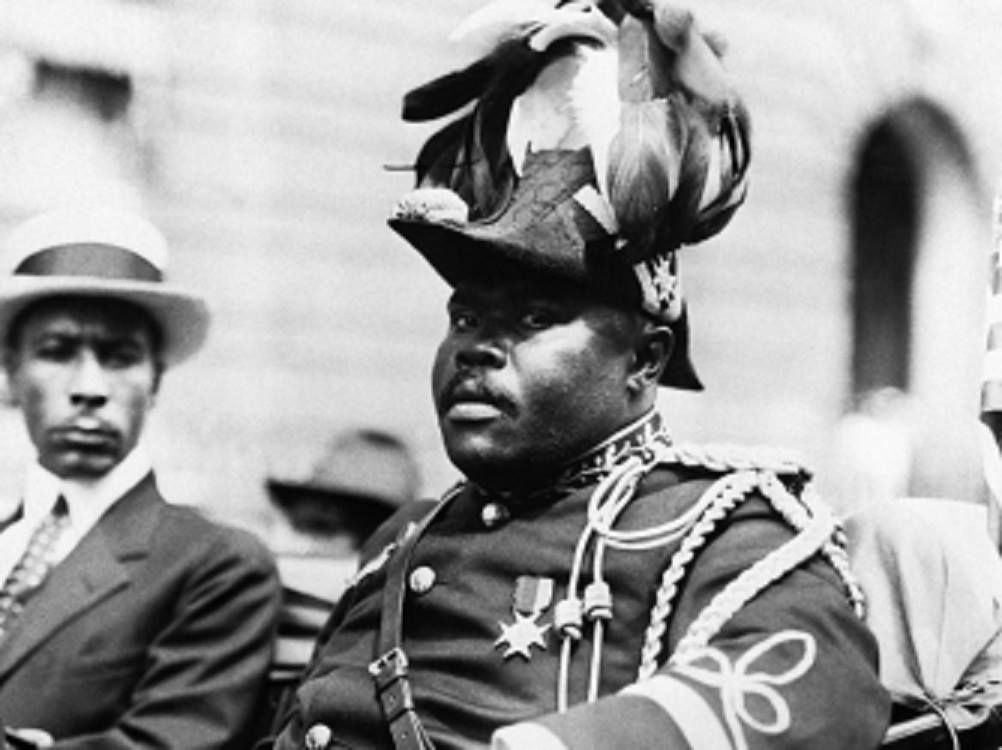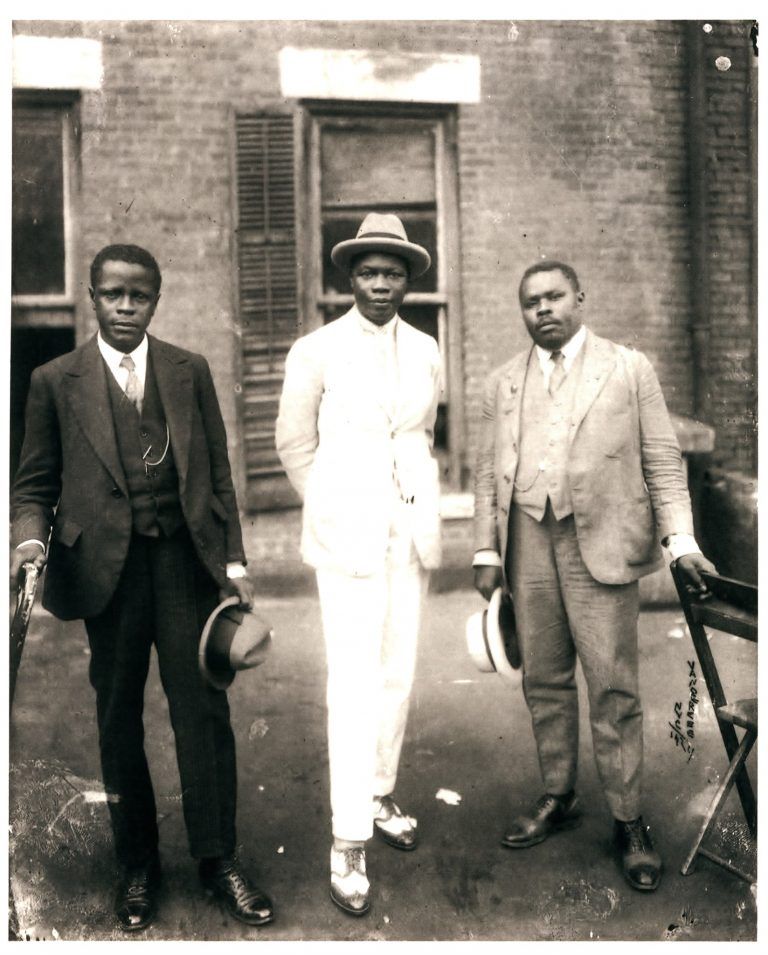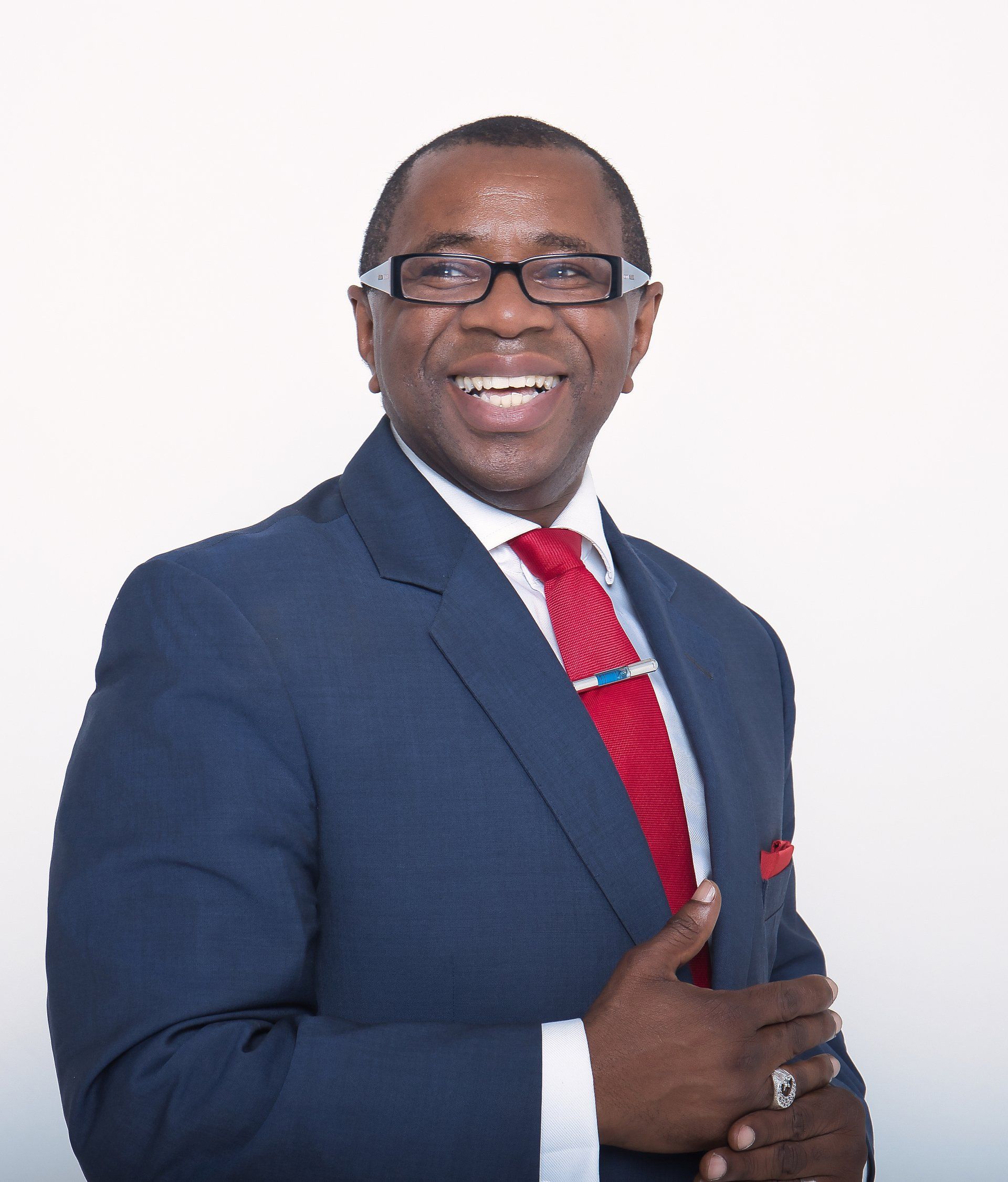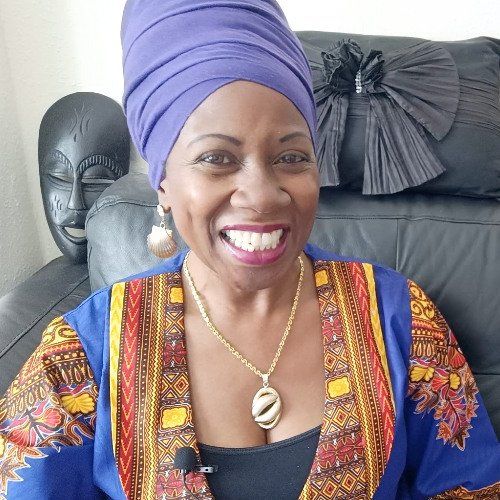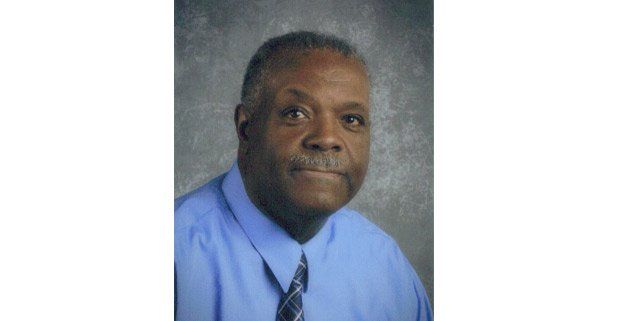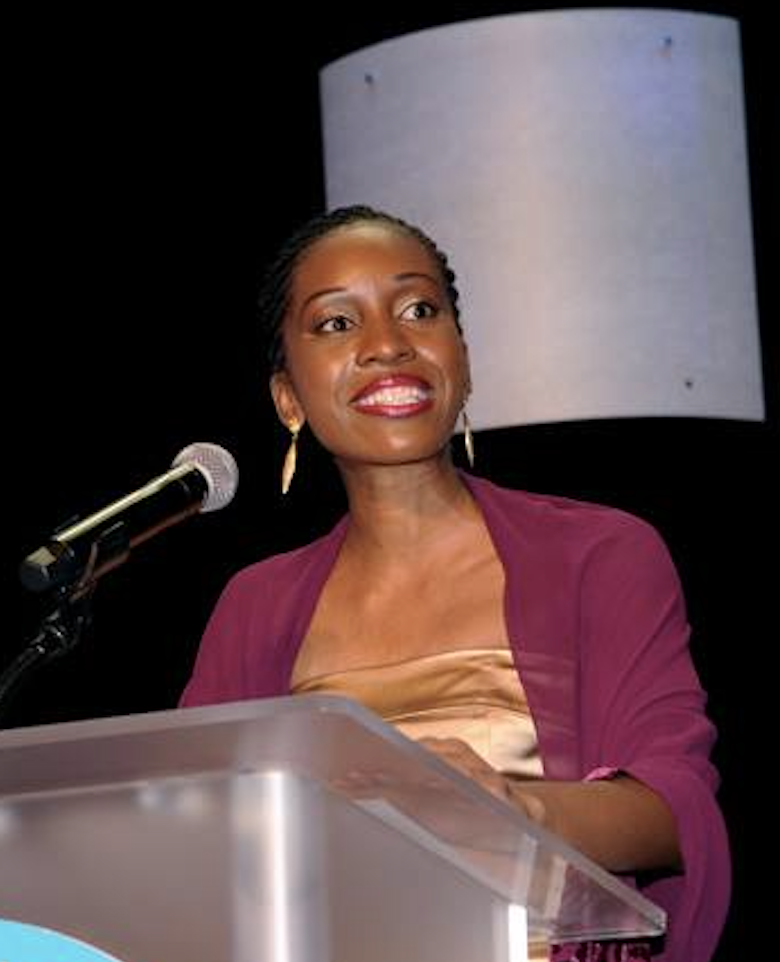News & Insights
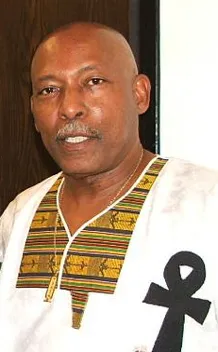
HAITI, REVOLUTIONARY WARFARE,
AND THE CURSE OF VOODOO
Dr Kheftusa Akhiba Ankh Ser Au-t Ab
5th October 2021
Part one of this article questioned why Jamaica has such a prominent status within the Caribbean especially in relation to the island of Hispaniola I.E. Haiti. I first heard about Haiti and Haitians listening to the negative conversations about them whilst visiting New York as a youngster. The Negro-phobia directed at Haitians during the 1990’s and today is particularly problematic given Haiti’s regional and global role in dismantling the system of enslavement. Indeed, a proper understanding of Haitian history reveals Haiti’s role in forcing Europeans and European Americans to question the wisdom of maintaining the global system of enslavement.
Indeed, the Haitian revolution of 1804 played a pivotal role in halting the powerful French military. As during the Haitian revolution, the Africans decimated France’s elite troops on battlefields where men, women, children and soldiers fought to secure their freedom. The fact that it is reported that “over 100,000 whites compared to 60,000 blacks lost their lives during the thirteen-years of warfare (Horne, 2015, 15) is both surprising and astonishing. Research reveals that the Haitian Revolution which commenced in August 1791 helped halt France’s quest for global dominance. Similarly, the Haitian revolution forced Britain to rethink its support for slavery due to the military losses sustained from trying to contain the revolutionary zeal of Africans in the Caribbean. Ultimately British withdrawal from slavery was hastened by British imperialists desire to conquer India the problem being that the British, military could not simultaneously launch major military campaigns in the Caribbean and India. In addition, the fervor of African revolutionaries served as a deterrent.
Imagine then the shock, awe, and horror when African’s managed to pry the cudgel and whip from the hands of their white slave masters via the employment of tactical and military brilliance, which facilitated the defeat of the vastly superior European Nations. Note the loss of Haiti to Toussaint, Dessalines, Christophe, and the Haitian military forced Napoleon to broker the Louisiana purchase where he gave up French control of 828,000 square miles of territory to the United States, for the colossal sum of 11 million dollars. Unfortunately, the African warriors who systematically outmaneuvered and defeated French, British and Spanish imperial forces have been erased from our historical memory. The Haitian revolution provides insight into why African people have failed to liberate ourselves from the shadow of oppression. Our lack of historical and cultural awareness has deprived us of the energetic and spiritual power required to lift our spiritual carcass from the mud of civilization. We have forgotten but in reality, never really understood or appreciated the audacity and power of our ancestors.
Interestingly, although my words are unlikely to reach a large audience most blacks learned and unlearned still accept the dominant narrative that credits the likes of William Wilberforce or the American William Lloyd Garrison as being the main impetus regarding the abolition of slavery. This is because we lack the knowledge of Self and the understanding to see that the spark that lit the flame of abolition came from the steel and fire generated by the revolutionary actions of Africans both at home and abroad. Africans burnt down plantations wielding the sword and fire of justice so that you and I could be free! Ironically Blacks, who continually blame white people for hiding or erasing their history are at best reluctant or infrequent readers. Whose constant diet of TV and movies celebrating black dysfunction, is like the visual crack that feeds the negative appetites implanted in our children which is then demonstrated in urban Schools and City corners.
At this point I would like to focus our attention on three core factors that highlight our failure to fully comprehend the importance of Haiti within the historical and global context. Those factors are history, revolutionary warfare, and religion.
The first factor relates to the unfolding of international relations and history. Sadly, our understanding of black history is often based on minor narratives that place undue stress on acknowledging black firsts in the Western hemisphere! This type of history is like an ant mistaking a muddy puddle of water for the Atlantic Ocean. These black history month specials represent the acceptable face of Black history in the UK. Meanwhile, in the Caribbean our grasp of history has been dictated by colonial objectives that limit our ability to break our mental shackles. This is exemplified by the name the University of the West Indies a title stepped in historical and geographic ignorance. Ultimately this suggests that Haiti like the rest of the black world is incapable of forging a pathway to power and true independence. So, whether it is the assassination of the Haitian president or natural disasters, Haiti seems to be perpetually mired in failure and misfortune. But lest we forget since the end of the revolution until this very day Europeans and America have sabotaged Haiti’s ability to become a beacon of black power for African people. One is not suggesting that Haitians have not played a role in their current misfortunes, but like Jamaica Haiti has been subjected to a destructive cultural narrative which negates its Revolutionary history.
The second factor relates to the revolutionary war that occurred in Haiti. While the standard slave narrative focuses on our status as victims of rape, violence, and the destruction of African societies. The Haitian revolution among other military victories challenges the dominant narrative! This is important as the constant images of defeated African populations has deeply ingrained the trauma of oppression into the African psyche which impedes our ability to heal. These traumas are like untreated wounds that have affected and infected the African psyche across the globe. But in the case of Haiti and other untold Caribbean wars of liberation, death was not only reserved for the African’s and it is this spirit of resistance that has condemned Caribbean and Haitian history to the sidelines of world history. While the war was important, the cultural and spiritual dimension of African resistance is ultimately more significant. Can you grasp the fact that the legendary prayer and oath of Boukman Dutty to wipe out slavery came from the deep well of African spirituality? It was the oath to Ogun and the warrior principal that compelled our ancestors to drive their enemies into the sea and free their people. Suffice to say the taboo surrounding Haiti corresponds to our ancestor’s ability to use their culture to win their freedom.
The third factor is related to the role of African religion in the fight for liberation. Why, because it was the fragments of numerous African cultures that generated the irritated Genii that empowered the Haitian warriors to strike a blow for African liberation. This is why the destruction of African languages, naming traditions and the African family were essential to deliver the enduring blows to weaken our resistance. And why, enslavement and colonial domination rested on the demonization of African identity, which was portrayed as backward, pagan, and inherently evil.
Although I will not address it in this essay, we must ponder whether the Haitian revolution was completely successful? Was it a war to end enslavement or to maintain our African identity? Why haven’t Africans in Haiti and throughout the globe really fought to reconstruct our cultural identity. The truth is even today within the global context African identity whether in the diaspora or on the continent is generally rejected, tolerated, or ignored by Africans at home and abroad. It’s hard to deny that we as African’s suffer from varying degrees of Afro-phobia. For example, there is probably no term concept or idea that triggers both the fear and disdain of African’s more than the word Voodoo. Since many of us were brought up as Christian’s terms like Obeah, Santeria and Voodoo are probably more frightening to most African’s than they are to Caucasians. The truth is that whether in Africa or in the diaspora there are very few places where African traditional religions are wholly understood or practiced openly. Indeed, even in places like Brazil or other countries in mainland South America the retention of African traditional culture has been watered down and filtered through a Western or European worldview.
Indeed, in Africa today is there one traditional African religion that is overtly celebrated and or promoted within the context of any African society? Truthfully African religions have been demoted to a secondary status that is often used covertly as an addendum to the acceptable religious practices derived from Christianity, Islam, or Judaism. As for Voodoo it has often been defined as a frightening bloodcurdling form of black or dark magic. In the case of Haiti Voodoo represents the dark underbelly of the revolution that many believe has damaged Haitian society. Maybe then Haiti’s association with Voodoo has generated a sense of fear that discourages our exploration of Haitian history. While I am not telling you to study Voodoo which is properly called Vodun! I am asking you to question our collective dismissal of our cultural identity. Yes, you may have Africanized your current religious practices, but they are still not African. So, what do you say but then? weren’t the greatest African civilizations and high cultures created before we had Judaism, Christianity, and Islam? The marginality of Haiti in Caribbean history is, I contend related to Euro-centric definitions of who we are. And the fear associated with our revolutionary past that includes the fragmented and misunderstood retentions of Obeah, Santeria or Voodoo. Are we afraid to explore a past that represents the jagged remnants of the African religions that were condemned, outlawed and systematically exorcised from our ancestral consciousness by our slave masters? If African culture was so backward then why did Europeans work tirelessly to systematically destroy our culture?
Bibliography
Horne, G., ‘Confronting Black Jacobins: The United States, The Haitian Revolution, And the Origins of the Dominican Republic. New York: Monthly Review Press, 2015
DE-COLONISATION OF
THE AFRICAN MIND: PART 1
Dr Kheftusa Akhiba Ankh Ser Au-t Ab
5th March 2021
The consciousness of African’s needs to be re-assessed and systematically repaired. As we need to question who we are? We have been conditioned by a colonial system of oppression rooted in centuries of exploitation and enslavement.
However, before we go any further, let’s examine the word colonisation.
Colonisation is generally seen as a territorial conquest, where one group violently conquers another group and assumes control over a specific territory and the people that reside in it. However, that definition will not foreground this discussion. Instead, we will examine a more abstract approach in order to understand our present-day realities.
History teaches us that ancient and modern Africa has been colonised by numerous invaders. For example, the Berlin Conference which occurred on the 15th of November 1884 and ended on the 26th of February 1885 occasioned a scramble for Africa. This was documented by Walter Rodney in his book: How Europe Undeveloped Africa, which highlighted the tragic impact of European imperialism. However, many of us don’t understand the psychological damage that was inflicted on the African psyche.
This article will draw on the prophetic Wisdom of Carter G, Woodson who identified the Miseducation of the Negro which was published in 1933 as well as the powerful analysis of Prof. Amos Wilson to unlock the vault concerning the Falsification of African Consciousness, which was published in 1993. Significantly, the miseducation of the American Negro should be used to understand the conduct of the global African community. In short, the Negro persona represents a people stripped of their cultural identity and their Knowledge of Self. Here, the Negro, signifies a lost people who longingly desire acceptance into the bosom of European culture whilst denying their African identity. Indeed, in accordance with the thinking of Malcolm X and the Messenger, the Negro is deaf, dumb and blind and culturally retarded.
In actuality, wherever African’s reside, be it in the UK, America, Brazil, South Africa or Nigeria, the African is a hollow representative of our former and true selves.
Malcolm informed us that the term Negro was derived from the word Necro and represented one who is both mentally and spiritually dead. The Negro’s psychic trauma was also illustrated by Prof. Amos Wilson, who pointed to the layers of self-hatred deposited due to the inculcation of white supremacy. Wilson pointed out that our perceived, or actual identity informs and shapes our behaviour and determines the vibrational frequencies that we resonate at. In a sense, our perceived identity helps determine our lived reality. With that said, the Negro persona type undermines who we are and who we ought to be.
Therefore, colonisation is better understood as a mental, cultural and spiritual phenomenal and de-colonisation corresponds to the liberation of the African psyche.
The Colony of the Mind
In the sixties, Malcolm argued that the possession of land represented the fundamental basis of all revolutionary struggles. But if land is an essential asset (and it is) then freedom of thought is a crucial component in the African liberation struggle. Indeed, Steve Biko argued that:
"the most potent weapon of the oppressor is the mind of the oppressed"
That is African liberation on the continent in the Caribbean and the America’s has stalled because the minds of African people are devoid of an authentic African consciousness. In short, African’s broadly ape other people’s cultural values. Hence Malcolm’s analysis regarding the importance of land in regard to power must be coupled with his intellectual and cultural work which focused on raising African consciousness from the dead level until as he said, “it was upright and perpendicular on the square”.
In brief the battle regarding ideas, concepts and identity are primary factors in the quest for freedom. Prof. Wilson recognised this as he identified that the Blueprint for Black Power lay in critical thinking added to the strategic leverage of African Political Culture. One might add that the reassertion of authentic African spirituality would enhance and secure our efforts to succeed. That is until we acknowledge that our thoughts, actions and choices determine our reality we will continue to fail. That is why we need a systematic infusion of scientific and cultural Self-Knowledge or a Knowledge of Self.
DE-COLONISATION OF
THE AFRICAN MIND: PART 2
Dr Kheftusa Akhiba Ankh Ser Au-t Ab
11th March 2021
The Way Forward
Cheikh Anta Diop identified our cultural problems in the book: Civilisation and Barbarism, where he outlined the factors that qualify a group to function as a unified people. Diop pointed to three factors:
- The Historical factor
- The Linguistic Factor
- The Psychological Factor
Any people who lack a working and practical knowledge of these three factors must recognise that despite outward appearances of economic and political power they qualify to be called a colonised group. The inability to systematically apply those three factors across multiple generations is indicative of our current problems. Given our limited knowledge of our history and our culture and our grounding in non-African languages, we are by definition culturally alienated.
Amos’s discussions on alienation indicate that those without their own cultural awareness become subordinate to other people’s cultural and political power.
The above is a result of not knowing our history or our ancestral legacy. For example, our continued use of European and so-called Christian names speaks to our failure to acknowledge that the imposition of foreign names had a diabolical function I.E., to denude us of our own identity and our cultural defence (The MAAFA). Note our emotional reactions regarding having non-African names may represent an elaborate defence mechanism geared to protecting our psyche from the realities of centuries of domination. Thus, when we talk of the physical branding of our ancestors, we often ignore the continuing psycho-cultural branding pertaining to our non-African names? Note the anger and or hostility that surround the discussions regarding our so-called slave names speak to issues of repressed guilt and or powerlessness derived from having a distorted self-image. Thus, one is wrong to conclude that enslavement and colonisation have ended.
Even when we can acknowledge the historical stripping of our names and our languages, most people won’t change their names because of the punitive actions or marginalisation visited upon us by the dominant culture. This fear and conservatism pertaining to our names and languages help to reinforce the cultural and political dominance of other groups over us. Here language should not be considered as merely a means of communication. Rather languages are cultural container’s that illustrate present and previous power relationships; languages then are instruments of cultural and physical warfare and conquest.
To be frank, deep thinkers know that languages possess submerged ideas that empower the creators of that language but impoverishes those people forced to speak them. For example, the use and defence of the word ‘Nigga’ as a term of endearment betrays the subtle impact of oppression that even when one generation rejects distorted behaviour it resurfaces in future generations. Thus, while, Malcolm, Cabral, Biko and that generation rejected the term ‘nigger’, it returned with a vengeance. Here new spellings and street sanctioned definitions provide a smokescreen to conceal the affectionate relationship we have with our own oppression and domination. Note, that Africans outside of America who scarcely used the term Nigger now find themselves besieged by that toxic word. With that said what is a Nigga/Nigger, but the distorted projection of white supremacy reformulated by a people who have lost their cultural identity. Know then that, if you depart from a battlefield having only wounded the dragon of ignorance it will return with a vengeance among the children.
Finally, on the subject of language, some of us have mastered a little Twi Yoruba, Swahili, Wolof: but generally, we are estranged from our language. The importance of language and its linkages with cultural hegemony is expressed in the journey of English! History offers a master class in how the English language has helped to spread the history, culture and worldview of English people in a seemingly neutral way.
Against this backdrop, it is clear that names carry weight and power. Names affect our cultural consciousness; names also carry sound vibrations and hidden histories. Thus, when we say, Isis, Horus, Thoth or Osiris we legitimise a Greco-Roman view of our reality which diminishes African history and spirituality.
To conclude, Africans honour and respect the Bible without having one verifiable historical data to bolster their claims? Yet, Africans dismiss African religions as being comprised of fiction and irrational fables. One, is free to choose what they believe but isn’t it better to know? Ask yourself why is the Bibles most definitive adaptation written in English? Given that the geographical locations presented in the Bible are in Africa or in Northeast Africa.
Those who employ the art of strategy and conquest know that the mental, political, cultural and spiritual arenas are battlefields that people use to confuse and subjugate others.
For the Negro then the truth is a virus which he or she skillfully avoids. And the truth teller’s like Prof. Wilson and Carter G. Woodson are the conveyers of poison because the Negro within us refuses to ‘Know’ or to ‘reason’.
MARCUS GARVEY: RACIAL REDEMPTION
AND THE AWAKENING OF THE
AFRICAN DIASPORA
Dr Kheftusa Akhiba Ankh Ser Au-t Ab
27th October 2018
Marcus Mosiah Garvey was born in St.Ann’s Bay on August 17th, 1887 in Jamaica. The history of the Caribbean was rudely interrupted by the rise of Europe, particularly that of Spain, after the expulsion of the Moors in 1492. The emergence of Spain and Portugal, coupled with the voyages of Christopher Columbus stimulated European expansionism which set off a cataclysmic impact on Europe, Africa, the America’s, and the rest of the world.
European expansionism and the profiteering of commissioned and semi-commissioned adventurers like that of Sir Francis Drake and his cousin Sir John Hawkins led to the enslavement and commoditization of Africans. These ‘adventures’ were financed by the so-called Virgin Queen, Elizabeth I, and helped fund the triangular trade. As Eric Williams maintains in the book “Capitalism and Slavery,” these methods assisted in financing Britain’s imperialist thrust into the Caribbean islands and America.
The profiteering of European nation states led to the legalized enslavement of millions of Africans and the genocide of millions of the indigenous people of the Caribbean. According to Catholic cleric Bartolomeo de las Casas, approximately 12 to 15 million Carib’s were wiped out as a result of European imperialism in the Caribbean. In addition, Europe’s conquests caused the construction of a hegemonic racial power paradigm.
Recognizing that centuries of racism had impoverished the lives of Africans across the globe from a material, psychological, spiritual, cultural, and historical perspective. Garvey found that Africans and the descendants of enslaved Africans had inherited notions of inferiority that damaged the African psyche.
Garvey’s work came before that of Franz Fanon, Amilcar Cabral, and Joy Leary. He realized that white supremacy had left a legacy of psycho-cultural trauma which had distorted the political consciousness of Africans. In retrospect, an unlettered man born in Jamaica pierced the veil of centuries of miseducation by identifying the so-called Negro’s African heritage.
There were no major texts that identified the existence of ancient African civilizations or an abundance of literary texts that exalted the virtues of an African identity when Garvey was born. Africans in Africa were viewed as savages and the descendants of enslaved Africans in the diaspora had been taught to reject Africa and their Blackness. Furthermore, only Haiti, Ethiopia, and Liberia had any semblance of political sovereignty during Garvey’s time.
Through his work, Garvey was able to influence leaders such as Kwame Nkrumah, Jomo Kenyatta, Malcolm X and a cadre of nationalists, reformists, and revolutionaries. Specifically, his work countering the negative racial propaganda that Europeans and Euro-Americans had fastened onto the image of black people for centuries.
As often occurs when discussing counter-hegemonic or black liberation movements, mainstream historians have focused on Garvey’s failure to liberate Africa and people of African descent. It is not wrong to suggest that the Universal Improvement Association (UNIA) and the African Communities League did not fulfill Garvey’s aims. From a materialist perspective, the failings of the Black Star Line, the UNIA’s other business ventures, and the collapse of the UNIA could easily negate the assertion that Garvey possessed great leadership credentials. While accepting, of course, the external factors that caused the UNIA’s downfall.
On reflection, Garvey’s leadership was best exemplified in his efforts to decolonize the minds of African people as he reached down into the fractured consciousness of a people whose self-image had been ravaged by centuries of racist and pseudo-scientific propaganda and told them that they were heirs to a hidden history and a stolen legacy that has no rivals. Carrying on the work of Arthur A. Schomburg who exalted black pride in his seminal essay ‘The Negro Digs up his Past.’
Unlike Du Bois and the elite faction of the African American talented tenth, Garvey spoke to laypersons and the black masses across the globe by articulating his message of liberation in the newspaper Negro World and the monthly magazine The Black Man. Issues of color, class, and the ideals of double consciousness that Du Bois laid out in “The Souls of Black Folks,” also played a role in the conflict between Garvey and some members of the African American elite.
According to Garvey, centuries of racial oppression and colonialism had encouraged disunity among Black people and deep suspicions regarding the legitimacy of Black leadership. His activism forced Black people to confront the externally induced self-loathing that hindered their efforts to meet their collective interests. Significantly, Garvey argued that Black liberation was dependent on self-knowledge bolstered by an appreciation of African people’s historical achievements.
Garvey played a pivotal role in intellectualizing and internationalizing Pan-Africanism. He understood that the principal battlefield existed within the mind of the oppressed and the oppressor. Furthermore, in order for liberation or behavior modification to occur, the group would be required to restructure their socio-political, cultural, spiritual, and intellectual consciousness.
It would seem fitting to argue that Garvey’s contributions to African liberation and his intellectual impact have been underacknowledged. The under acknowledgment of Garvey’s leadership credentials when it comes to international relations and black liberation come down to three factors. The successful covert counterintelligence operations of British and American government intelligence apparatus. Garvey’s quest for African liberation was antithetical to the racial politics and interests of state actors in America and the colonies. Lastly, despite some exceptions, the architects of Western culture had a tendency to construct, maintain, and perpetuate the Eurocentric and racial norms of Western society. Often creating tensions in the evaluation of Black freedom fighters like Garvey whose activities threatened to destabilize the dominant social order.
The fact that the UNIA was destabilized by British, American, and other colonial governments is indicative of the threat Garvey’s movement posed to Western interests. In America, J. Edgar Hoover’s General Intelligence Division, the forerunner of the FBI, and other organs of the American state, willingly bypassed their own racism and utilized Black informants and agent provocateurs to disrupt Garvey’s business and political ventures.
No stone was left unturned as the European and American power structures sought to immobilize the rise of African people. The US state department, the US justice department, and Hoover pursued Garvey with a vengeance. Hoover ordered his subordinates to find or manufacture illegal activities in order to destroy Garvey. Persecution from the state, coupled with the collaboration of African American leaders like Du Bois and members of the NAACP led to Garvey’s imprisonment and deportation from America. Suffice to say Garvey’s plans stimulated the significant opposition he and his supporters faced.
The fact that Garvey traveled widely in the Caribbean, parts of South and North America and lived in London provided him with knowledge of the international dimensions of white supremacy. Ironically, European American’s rejected Garvey’s revolutionary spirit despite their reverence of the American Revolution and Patrick Henry’s cry of ‘give me liberty or give me death.’ Racism, self-interest, and cognitive dissonance prevented the white collective from supporting the UNIA’s global agenda. It is clear that white people rejected the UNIA and its so-called militant tendencies. However, historiographers must recognize that the brutality of racial oppression and colonialism undoubtedly fueled the rise of Marcus Garvey.
Despite some errors, Garvey became a leader of international stature because he spoke in a bold and courageous manner. He addressed the damage that centuries of racial propaganda had wrought on the minds of Africans at home and abroad. Garvey recognized that his constituency had been taught to despise their features and made to believe that they had no legitimate history or corresponding culture.
Marcus Garvey was an international leader. The intellectual black Moses that reconstructed race relations internationally by spawning a greater awareness of Africa, African identity, and Africa’s role in politics, economics, and history. He inspired generations of black and African people, even from beyond the grave. Clearly, Garvey was one of the Fathers of black nationalism and Pan-Africanism despite the odds of becoming a leader in both international and intellectual power politics.

Events
Click here to watch past events & book to attend those that are coming !
Testimonials
Contact Us
We look forward to
connecting with you.
Please contact us via email, online form and/or our Social Media Channels.
